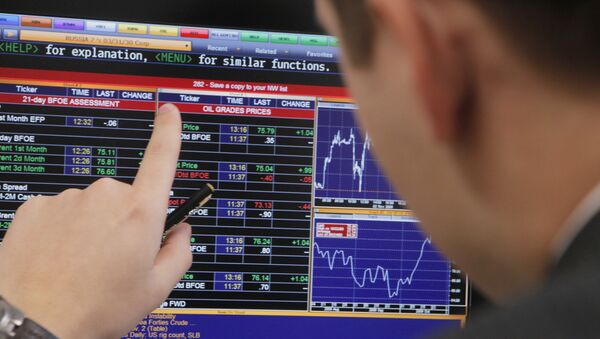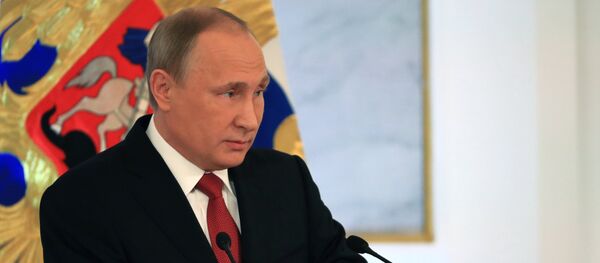Bloomberg based its report on Russia’s improving political climate, rising oil prices and strengthening ruble, which has become the most profitable currency in the world.
Commenting on Danske Bank’s call to “buy Russia and sell Turkey,” Vladimir Miklashevsky pointed to Russia’s good macroeconomic prospects.
“In Russia we continue to see fiscal prudence, investment growth and [oil] price of 59 dollars a barrel in the fourth quarter of next year. We also see economic growth of 1.2 percent after two years of recession. Russia’s sovereign rating has also improved over Turkey’s. Also in Russia we see more investors, compared to what we had in 2014.”
He added that in Turkey the economic situation did not look so well with commodity prices going up, the current deficit widening and global investors very concerned about the country’s domestic policies.
When asked who is likely to invest in Russia, and which sectors of its economy will be of particular interest to investors in 2017, Vladimir Miklashevsky pointed to the banking sector, agriculture, and the construction sector as looking most attractive to portfolio investors hunting for higher yields globally.
Answering a question about whether 1.5 percent GDP growth for Russia was realistic, he said that the situation looked quite optimistic, but added that much depended on the oil prices and monetary policy.
Mentioning the chances of the OPEC deal on cutting oil output holding and keeping prices up, he said that it was in the best interest of the OPEC countries to see that deal holding.
“However, we could still see some countries, most likely Venezuela, willing to increase [oil] output to ramp up their economy,” Vladimir Miklashevsky warned.
Have you heard the news? Sign up to our Telegram channel and we'll keep you up to speed!



